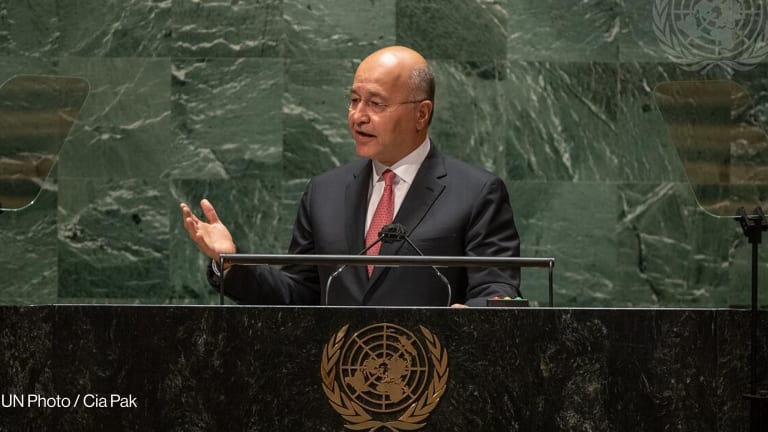Applications are due by early next week for the United Nations’ emergency relief coordinator, or ERC, following the announcement in March by incumbent Martin Griffiths that he would be stepping down, citing health issues. Griffiths agreed to stay in post at the helm of the U.N. Office for the Coordination of Humanitarian Affairs until the end of June, leaving U.N. chief António Guterres just six weeks now to get a successor appointed and up to speed.
The task for the next ERC is a formidable one — with crises raging in Gaza, Sudan, Ukraine and elsewhere, thousands of lives depend on their ability to coordinate relief efforts effectively. There can be few more important decisions for the U.N. secretary-general than who to appoint to this role. One would expect, then, that a rigorous, open appointment process is underway to consider a wide range of humanitarian leaders from across the globe.
History suggests otherwise. The secretary-general has a track record of reserving this critical position to nationals of just one U.N. member state: the United Kingdom. Five consecutive Britons have been appointed to the role, meaning British nationals have monopolized the post since 2007. And it looks like Guterres is about to make it six.









